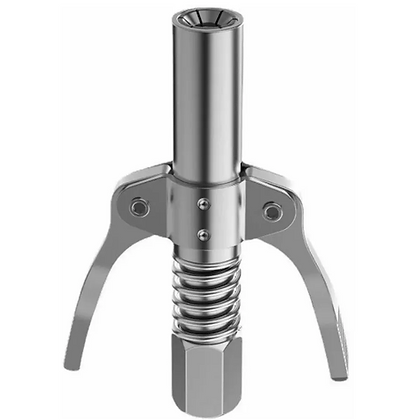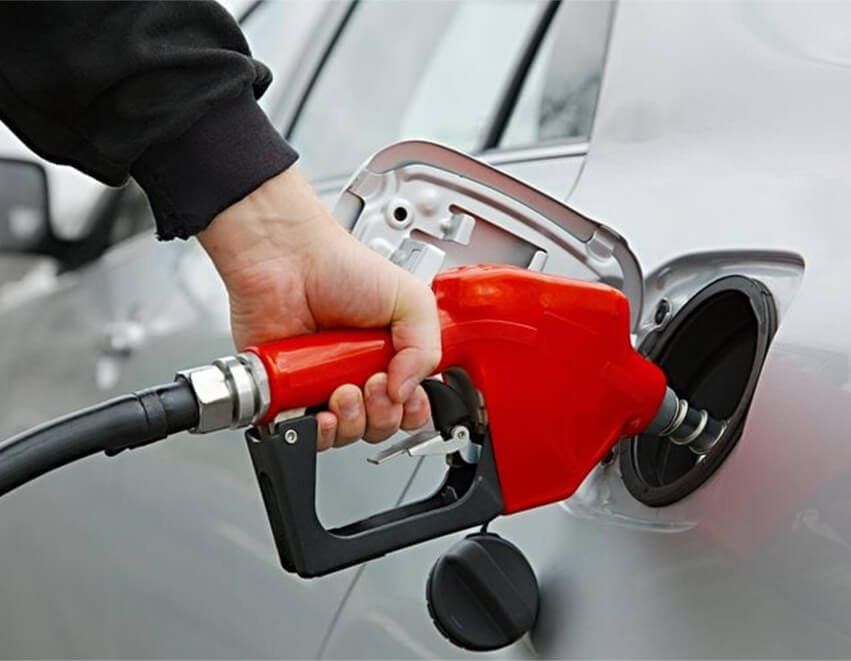Learn how to choose the best hydraulic coupler with our guide, which covers compatibility, pressure ratings, and maintenance. Aocheng’s products are top-rated for their durability and ease of use.
Selecting the right hydraulic coupler is crucial for ensuring efficient and reliable performance in hydraulic systems.
Key factors to consider include compatibility, pressure ratings, and ease of use.
Read on to understand the essential considerations and discover a top-recommended manufacturer, Aocheng.

When selecting a hydraulic coupler, ensure it is compatible with your system’s components, such as hoses and fittings.
Matching hydraulic fitting sizes is crucial for preventing leaks and ensuring a secure connection.
Understanding how to measure hydraulic fittings accurately can help you select the right coupler that fits perfectly with your existing system.
The pressure rating of a hydraulic coupler must match or exceed the maximum operating pressure of your system.
Using a coupler with a lower pressure rating can lead to failures and pose safety risks.
Always check the manufacturer’s specifications to ensure the coupler can handle the pressures your system will encounter.
There are various types of hydraulic couplers, including quick-connect, threaded, and flat-face.
Hydraulic quick-connect fittings, for instance, are ideal for applications requiring frequent connections and disconnections, as they offer ease of use and reduce downtime.
Selecting the appropriate type depends on your system’s specific needs and operational requirements.
The material of the hydraulic coupler affects its durability and suitability for different environments.
Steel couplers are robust and ideal for high-pressure applications, while stainless steel offers excellent corrosion resistance.
Aluminum and brass are suitable for lighter and lower-pressure applications.
Ensure the material chosen aligns with the operating conditions of your hydraulic system.
A good hydraulic coupler should be easy to maintain and replace.
Consider couplers with easily accessible parts and clear instructions for maintenance.
This factor helps minimize downtime and ensures the longevity of your hydraulic system.
A good hydraulic coupler is one that fits seamlessly into your hydraulic system, providing a leak-free, secure connection under various operating conditions.
It should have a suitable pressure rating, be made from durable materials, and offer ease of maintenance.
Additionally, it should be easy to connect and disconnect, especially in systems where quick-connect functionality is essential.
Aocheng is a renowned manufacturer in the hydraulic industry with over 20 years of experience.
They specialize in producing high-quality hydraulic couplers and fittings that meet the needs of diverse applications.
Aocheng offers a wide range of hydraulic products, including hydraulic quick-connect fittings, various hydraulic coupler types, and other essential hydraulic components.
Their products are designed for durability, efficiency, and ease of use, making them a preferred choice for professionals.
Aocheng has received numerous awards and certifications, underscoring its commitment to quality and innovation.
Their products meet international standards, ensuring reliability and performance across various applications.
They are ISO certified, which guarantees that their manufacturing processes adhere to stringent quality management standards.




